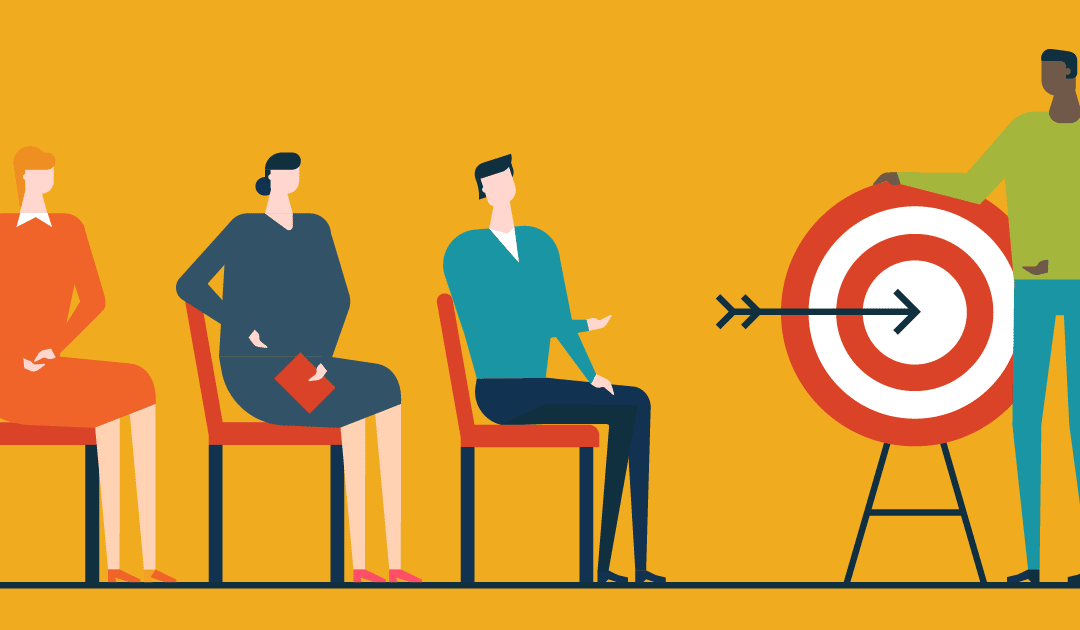
What is coaching?
Coaching is a process of helping people achieve their goals. It is a partnership between the coach and the client, where the coach facilitates the client’s self-discovery and problem-solving. Coaching is not therapy, and it is not mentoring.
How is coaching different from counselling and mentoring?
Counselling is a process of helping people address emotional challenges. Counsellors help clients to understand their thoughts, feelings, and behaviors, and to develop coping strategies. Mentoring is a process of providing guidance and support to someone who is new to a particular field or role. Mentors share their knowledge and experience with their mentees, and they help them to develop their skills and abilities.
Coaching as a mountain climbing analogy
The analogy of climbing a mountain is a helpful way to understand the difference between coaching, counselling, and mentoring.
Counselling is like falling into a hole and needing help to climb out. The counsellor is like a safety rope, providing support and guidance to help you get back on your feet. Mentoring is like climbing a mountain with an expert who has done the route before. The mentor shows you the best routes up the mountain and helps you to avoid pitfalls.
Coaching is like climbing a mountain with someone who is climbing the mountain with you. The coach is not an expert in your field, but they are an expert in the process of coaching. They help you to set goals, identify your strengths and weaknesses, and develop a plan for achieving your goals.
The benefits of coaching
There are many benefits to coaching, including:
- Increased self-awareness: Coaching can help you to become more aware of your strengths, weaknesses, and values. Having better insight and clarity of your values, what you enjoy and what you are good will help you make better decisions by giving you the safe space to think through to the end of your thoughts
- Improved communication skills: Coaching can help you to develop your communication skills. This can help you to build relationships with your patients, your colleagues, and your supervisors. Medicine is often said to be an art and a science. Having the space to reflect upon and improve your communication and relationship with people that you work with can be very empowering and help you be more effective in your work and role.
- Enhanced problem-solving skills: Coaching can help you to develop your problem-solving skills. It is not about giving you the solutions but creating the space for you to think through what would work best for you. As they say, ‘The brain with the problem is often the brain with the solution!’
- Increased confidence: Coaching can help you to increase your confidence. Many medic face Imposter phenomenon and that can be very crippling. Having a coach to help you work through that and boost your confidence can be really helpful, especially in the early stages of your career!
- Improved work-life balance: Coaching can help you to improve your work-life balance by helping you clarify and identfiy your prioritise and help you to be more intentional in what you say yes (or no) to. This can help you to prevent stress and burnout.
- Greater career satisfaction: Coaching can help you to identify and achieve your career goals. Medicine is a long journey, and we grow and change on it. Coaching can be a useful tool for you to keep checking that you are continuing to move in a direction that aligns with your own values as you grow!
How to find a coach
If you are interested in coaching, there are a few things you can do to find a coach who is a good fit for you:
- Ask your colleagues for recommendations. There are many different approaches to coaching, and you may have colleagues who have a particular very helpful coach that they already speak to.
- Search online for coaches or approach your organization to see if you can access coaching through your workplace. If you are a doctor in training, you may contact your deanery to access coaching, most regions offer trainees a set number of coaching sessions in their training. Other ways of accessing coaching could be through the NHS Leadership Academy or through your academic institution!
- Interview potential coaches to find one who you feel comfortable with. Most coaches would make an initial 15–30-minute call to get to know you and your situation to ensure that your circumstances are suitable for you to start being coached. Use this session to check your synergy with them, it is important for you to feel at ease and able to open up to your coach to form an effective partnership!
Conclusion
Coaching can be a valuable tool for anyone who wants to achieve their goals and optimise their performance. This can be especially valuable in medicine where the challenges differ as you progress through the different stages of being a medic!
If you are looking for an effective way to improve your personal and professional development in your journey and career in medicine, I encourage you to consider accessing coaching at any stage of your career.

